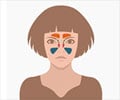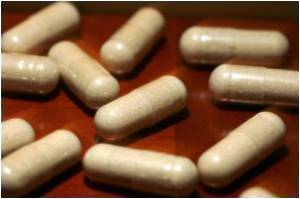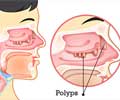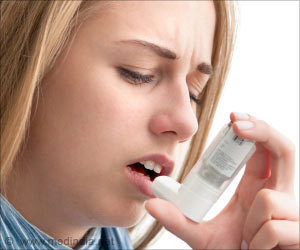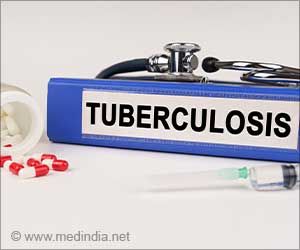Consistent and appropriate use of nasal sprays can decrease the need for antibiotics and oral steroids that are needed when symptom severities flare for individuals battling chronic rhinosinusitis (CRS), according to a recent new study.

‘Antibiotics have gastric and intestinal side effects and lead to body resistance, while long-term use of steroids can cause mood disturbance, insomnia, weight gain, diabetes, cataracts, and other problems.
’
Read More..




Sedaghat and a team of researchers looked at 150 patients at Massachusetts Eye and Ear undergoing medical management for CRS and found that CRS-related usage of oral steroids and antibiotics dropped by 0.2 courses per three-month period on average. That's about one fewer courses of antibiotics and oral steroids in a year to deal with severe symptoms of CRS. Read More..
When researchers focused on individuals in this study needing oral steroids (roughly 40 patients) and those needing antibiotics (33 patients), the use of antibiotics for CRS dropped by 40% while the use of oral steroids associated with CRS decreased by 67%, said Sedaghat.
"We found that the use of the sprays or irrigations improved antibiotics and oral steroids usage by closer to three-to-four courses per year, on average, which is a huge effect," said Sedaghat, also a UC Health physician. "Medication usage was reduced by one course every three-to-four months. The medical therapy we provided in the form of intranasal saline, and intranasal steroids dramatically cut down on the usage of systemic antibiotics and steroids."
"If you simply treat patients regularly and consistently with what we call appropriate medical management, and that means staying on top of them and making sure these patients are using their sprays every single day, these patients will have dramatically fewer problems," said Sedaghat.
CRS is similar to asthma, but it occurs in the sinusitis instead of the lungs.
Advertisement
There are four main symptoms of CRS -- nasal obstruction, nasal drainage, facial pain or pressure, and decreased sense of smell. Patients need to have two out of four of these symptoms for at least 12 weeks to be diagnosed with CRS.
Sedaghat said researchers initially believed that individuals who came into the study with more severe CRS symptoms would need more antibiotics or steroids. "What we found is that is not the case," he said. "What we found is the usage of antibiotics and steroids, and the acute exacerbations is independent of baseline symptomology."
"How bad you are on a day-to-day basis, that behavior of the disease, is very different than the frequency of you getting exacerbations in symptoms. These spikes in symptoms are coming from somewhere else," said Sedaghat. "If physicians are not savvy to this, you may see someone with low-level symptoms and think the patient will be fine and believe treatment shouldn't be as rigorous. In those patients, we found exacerbations of symptoms."
"The frequency you needed antibiotics before the study is predictive of the frequency you need antibiotics at the end of the study," said Sedaghat. "If you needed more antibiotics when you first started, then you will need antibiotics during the study period, even if the frequency of exacerbations decreased."
Source-Eurekalert

